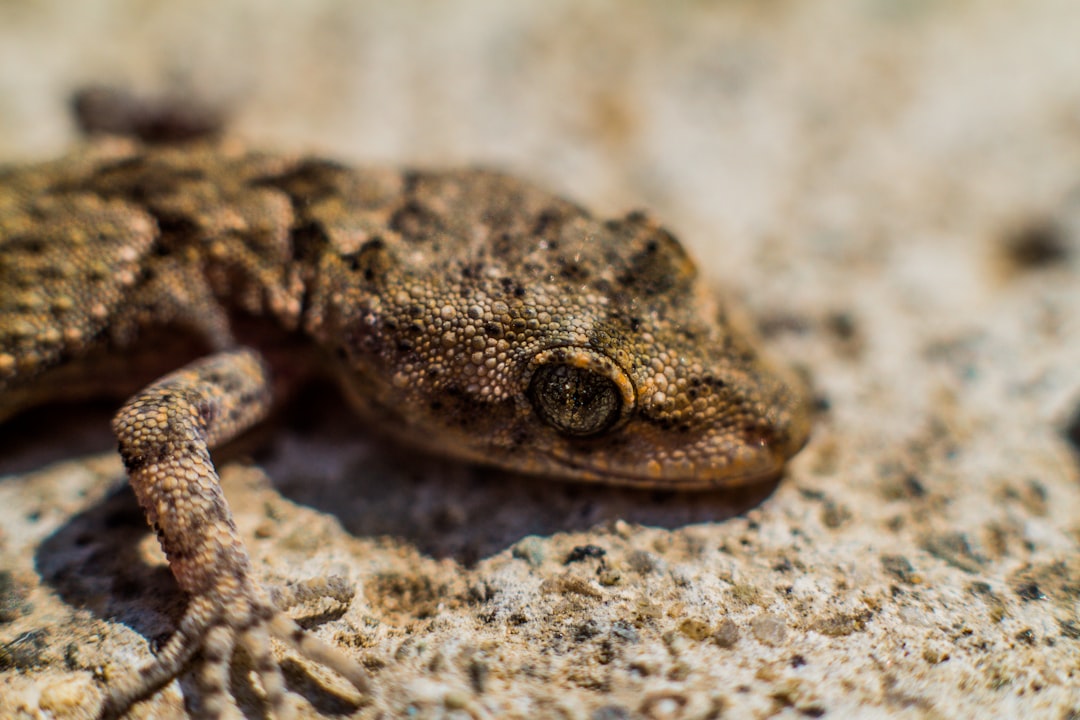What is it about?
Herbivore-attacked plants produce specific volatile substances that represent important cues for host finding by natural enemies. The fall armyworm Spodoptera frugiperda (J.E. Smith) (Lepidoptera: Noctuidae) is a voracious herbivore and usually feed on maize in all periods of the day. Given that plant needs light to synthesize de novo herbivore-induced volatiles, volatile blend may be changed depending on time of the day the plant is induced, what could interfere in natural enemy foraging. In this sense, the current study aimed to investigate differential attractiveness of maize elicited by fall armyworm regurgitant under light and dark conditions to its specialist larval parasitoid Campoletis flavicincta (Ashmead) (Hymenoptera: Ichneumonidae). All bioassays were conducted in Y-tube olfactometer to assess parasitoid response to odors from undamaged maize, mechanical damage, and regurgitant-treated plants at 0–1, 5–6, and 24–25 h after induction. The results showed that naïve wasps were attracted to volatiles emitted by nocturnal regurgitant-treated maize at 5–6 h, but not to odors from diurnal regurgitant-treated plants. The differential attractiveness is likely due to blend composition as nocturnal regurgitant-treated plants emit aromatic compounds and the homoterpene (3E)-4,8-dimethyl-1,3,7-nonatriene in larger amounts than diurnal-treated plants.
Featured Image
Read the Original
This page is a summary of: Diurnal and nocturnal herbivore induction on maize elicit different innate response of the fall armyworm parasitoid, Campoletis flavicincta, Journal of Pest Science, October 2011, Springer Science + Business Media,
DOI: 10.1007/s10340-011-0397-7.
You can read the full text:
Contributors
The following have contributed to this page










